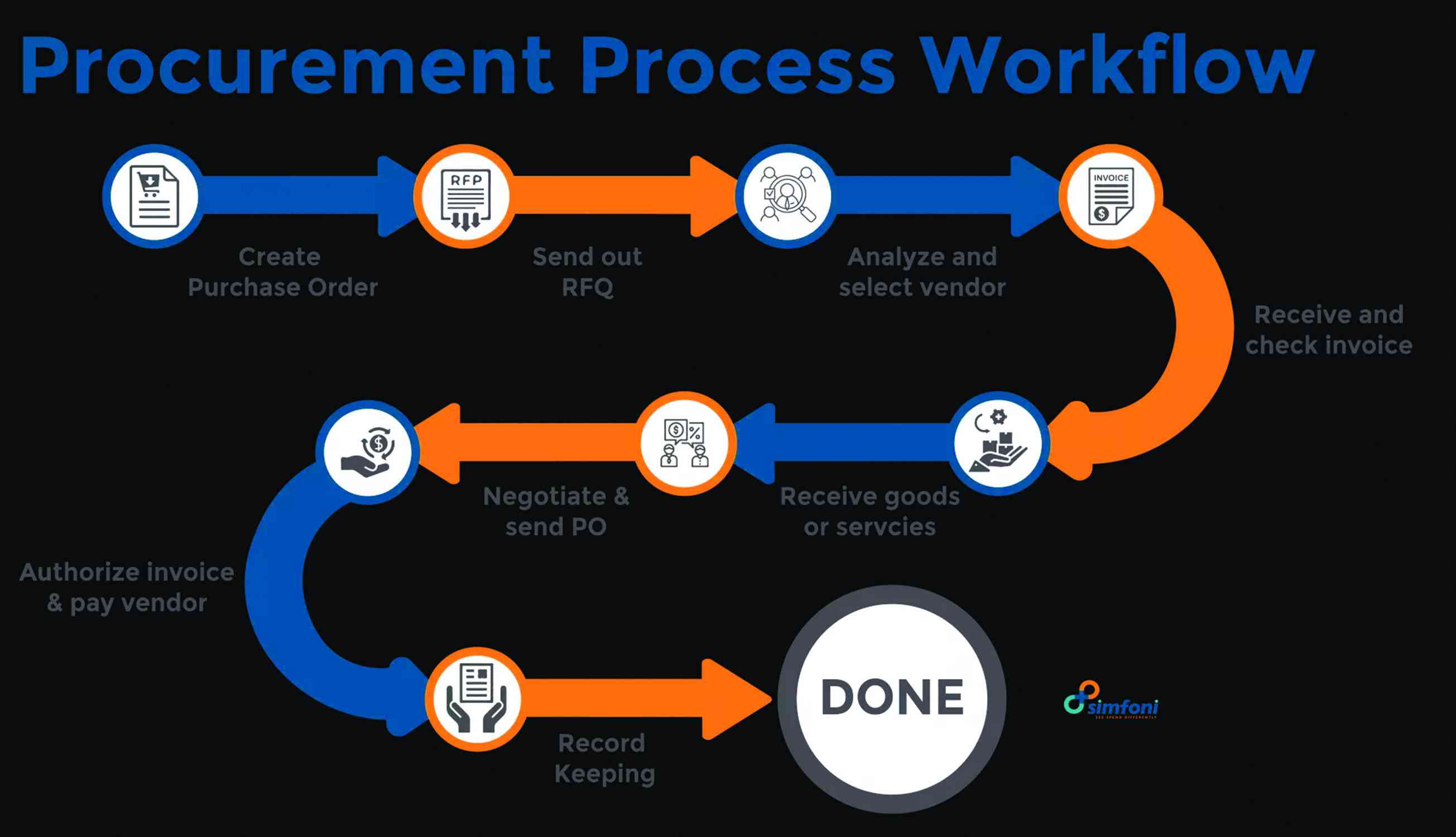
IN our increasingly digital world, the information that defines us often lies in the realm of online search engines. A simple Google search can yield several results, some of which might not reflect the entirety of who we are or have become.
Unfortunately, old articles, misleading blog posts, or defamatory content can shape perceptions, influence job opportunities, and affect personal relationships.
Recognising the profound impact search results can have on our everyday lives; a burgeoning industry has arisen, aimed at helping individuals remove negative articles from their online profiles.
I am exploring the importance of online reputation management, the damaging effects of negative content, and how specialised services can help mitigate these impacts by leveraging current laws and regulations.
The digital age has given birth to a new kind of identity, one that is often curated by third parties, who may not have the full context of your story.
Whether you are a job-seeker, a business owner, or an everyday individual, your online reputation can significantly affect every facet of your life.
From hiring decisions to personal relationships, the consequences of negative search results can be severe. Employers are increasingly utilising online searches as a screening tool.
According to a survey conducted by CareerBuilder, around 70% of employers use social media to research candidates.
- Re-imagining the workplace: Google and other company visions
- Letter to my people: Skeletons tumbling out of closets
- Local firms fail Tanganda test
- In Conversation with Trevor: ICT guru Stafford Masie speaks out
Keep Reading
If a potential employer encounters negative articles or misrepresentations regarding your name online, it could lead to missed job opportunities or unfavourable evaluations.
This trepidation can also extend to current employment; an employee may face tensions within their workplace if co-workers or superiors stumble upon damaging content.
Negative online portrayals can cast a long shadow over personal relationships. Friends, family, and potential romantic interests often Google search before meeting, and fostering perceptions that may not align with reality.
If negative content describes a past event out of context or presentsmisleading information, it can create false narratives that strain relationships. The danger lies in the perception; if individuals see outdated or untrue portrayals of you, their judgments could lead to misunderstandings or conflicts.
Living in a digital world where personal narratives can be manipulated can take a toll on mental health.
Constant worries about personal reputation, potential judgments, and how others perceive you can foster anxiety and stress. According to mental health professionals, the fear of online scrutiny and damage to one’s reputation can lead to a significant decline in self-esteem.
A thorough understanding of the various components that can contribute to negative online reputations is essential in addressing the issue effectively.
Key factors include:
Defamatory statements are false accusations that can tarnish someone's reputation.
Whether made through blog posts, comments, or news articles, they can have damaging effects on an individual’s personal and professional life. If substantiated, these defamatory claims may result in emotional distress, economic loss, and tarnished credibility.
The implementation of the International General Data Protection Regulation (GDPR) has put additional protections in place regarding the handling of personal data. Individuals have the right to request removal of personal data that is deemed outdated, irrelevant, or inaccurate.
This means if negative articles infringe on these rights, they may be eligible for removal, and services specialised in such actions can advocate on behalf of the individual.
The digital landscape is fluid, yet outdated information persists online. Old forum posts, articles, or even news reports can linger long after they are relevant.
Consequently, potential employers or acquaintances may form judgments based on outdated representations, leading to misaligned perceptions of what an individual has accomplished or how they have grown over time.
Trustworthy sources like newspapers or popular blogs have considerable influence. A single article, especially if it bears negative implications, can dominate search results and shape opinions.
Articles reporting on unfortunate life events or personal struggles can often come with little context, amplifying misunderstandings.
Given the potential damage inflicted by negative online content, individuals are increasingly turning to specialised services designed to help remove or mitigate the effects of harmful articles.
These services provide a much-needed lifeline for those seeking to reclaim their online identities.
Comprehensive evaluation
The first step these services take is gathering comprehensive information regarding an individual's online presence.
By conducting thorough searches across various platforms, they can identify articles, blog posts, and other references that may adversely impact reputation.
Such evaluations involve not only searching for explicit negative content but also assessing the overall digital footprint of an individual.
Utilising current laws
Online content removal services leverage existing laws and regulations to bolster their efforts.
Whether by filing claims related to defamation or invoking provisions of international GDPR, these services work to advocate for the removal of unwanted articles.
This legal backing enhances their credibility and provides individuals with a structured approach for addressing negative publicity.
Article removal requests
Armed with insights and legal frameworks, these services can submit removal requests directly to publishers and search engines. These requests often include crafted arguments outlining why the content should be removed, citing reasons such as defamation, irrelevance, or violation of privacy rights.
Services can handle this process on behalf of their clients, saving them time and reducing stress.
Creating positive online content
In addition to removing negative articles, many services also assist in building a positive online presence. Through the creation and promotion of favourable articles, blog posts, and social media content, they aim to push down negative results in search engines.
This strategy not only minimises the visibility of unfavourablecontent but also helps reshape public perception by emphasising the individual’s current achievements and character.
Ongoing reputation management
Online reputation management is not a one-time task; it requires ongoing monitoring and adjustment.
Many services offer continuous monitoring solutions, alerting clients when new content is published about them. This proactive management approach ensures that any unforeseen issues can be swiftly addressed, securing a more favourable portrayal moving forward.
Real-life success stories
To highlight the significance of online reputation management services, consider the following hypothetical success stories:
Maria, a talented marketing professional, found herself at a standstill in her career due to a blog post from years ago that misrepresented her capabilities.
Despite numerous qualifications and successful projects, potential employers overlooked her applications after encountering the negative article. Seeking help, Maria turned to an online content removal service.
They successfully submitted removal requests citing international GDPR violations and outdated information, resulting in the article’s removal within weeks. As a result, Maria was able to secure interviews again, leading to a new job within two months.
Muchaneta, a small business owner, faced threats to his reputation after a misleading article claimed poor customer service at his establishment. The article negatively affected his business.
Turning to an online content removal service, Muchaneta was not only able to request the removal of the article but also worked with the team to create a series of positive customer testimonials.
This strategy ultimately pushed the negative article down the search results, restoring his business reputation.
Your online reputation is a crucial component of your identity in today’s digital era.
Understanding how negative content can affect your personal and professional life is essential for navigating the complexities of the online world.
Fortunately, services dedicated to removing harmful articles and managing reputations have emerged as invaluable resources for those struggling with the impact of negative search results.
By working with professionals who understand the legal landscape, data protection rights, and effective reputation management strategies, individuals can reclaim their narratives and foster positive online identities.
Whether you are a job-seeker, entrepreneur, or someone simply aiming to erase the past, the path to restoring your reputation is possible. As we continue to depend on digital platforms for interaction and opportunity, responding effectively to issues of online reputation becomes essential.
Do not allow negative articles or outdated information to define you; take proactive steps to protect your digital legacy today.
- Mutisi is the CEO of Hansole Investments (Pvt) Ltd. He is the current chairperson of Zimbabwe Information & Communication Technology, a division of Zimbabwe Institution of Engineers. — [email protected] or 263 772 278 161.











